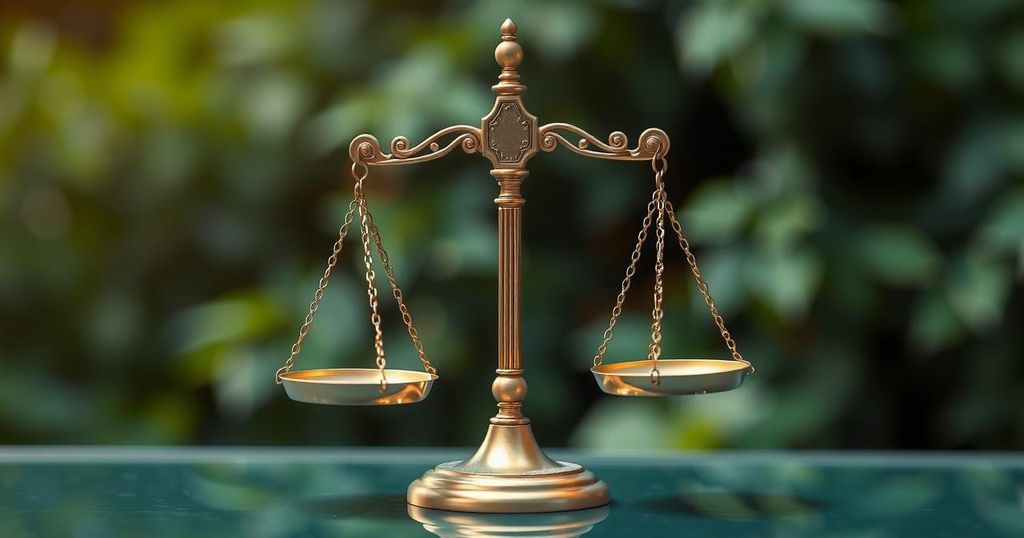The UTM Party spokesperson, Felix Njawala, has dismissed Vice President Michael Usi’s allegations of greed against UTM leaders, arguing that citizens should assess the claims’ credibility. Njawala emphasized UTM’s independence from previous alliances and criticized the authenticity of those supporting Usi. This ongoing public confrontation points to increasing tensions within Malawi’s political scene.
Felix Njawala, spokesperson for the United Transformation Movement (UTM) Party, has refuted accusations of greed made by Vice President Michael Usi. Usi had claimed that certain UTM leaders were misappropriating funds provided by party leader Saulos Chilima for party activities. In a press conference in Lilongwe, Njawala responded by suggesting that it is ultimately up to the citizens of Malawi to decide the veracity of these allegations.
Njawala further emphasized that if UTM leadership were truly greedy, they would not have departed from the Tonse Alliance, where numerous positions and financial benefits were available. He questioned Usi’s interpretation of greed, suggesting that motivations for political actions can vary significantly.
Additionally, Njawala accused individuals donning UTM-branded apparel supporting Usi of not being authentic members of the UTM, but rather affiliates of the Malawi Congress Party (MCP). He reiterated that UTM officially severed its ties with the Tonse Alliance, signifying a new direction for the party as an independent entity.
Addressing Usi’s assertion that he could obstruct the use of the UTM name, Njawala reassured supporters that the party is steadfast in its mission and identity. This politically charged exchange reflects the increasing tensions among political figures in Malawi, bringing to light concerns regarding unity and accountability in the current political atmosphere.
In summary, the exchange between Felix Njawala and Vice President Michael Usi highlights accusations of greed within the UTM Party. Njawala refuted these claims, affirming UTM’s independence from the Tonse Alliance and its commitment to its vision. The dialogue raises critical questions about political integrity and alliances in Malawi’s evolving political landscape.
Original Source: malawi24.com






